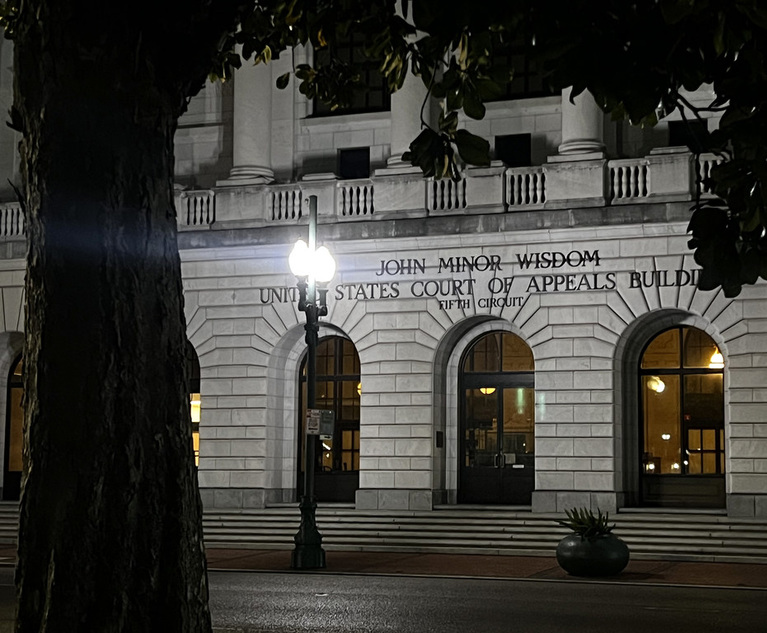Thank you for reading The Marble Palace Blog, which I hope will inform and surprise you about the Supreme Court of the United States. My name is Tony Mauro. I’ve covered the Supreme Court since 1979 and for ALM since 2000. I semiretired in 2019, but I am still fascinated by the high court. I’ll welcome any tips or suggestions for topics to write about. You can reach me at [email protected].
From 1989 to 2006, James Feldman ably argued more than 40 U.S Supreme Court cases on behalf of the Solicitor General’s Office. He launched a solo practice in 2006 but in recent years, he has almost set the practice aside. “I still have a practice but it’s taking up less of my time,” Feldman said in an interview.
He has been using his time instead for deep research into a Supreme Court advocate from the 1890s that almost no one knows about: Cornelius Jones, one of the few Black lawyers who argued before the high court in that period.
After years of research, Feldman finished a lengthy article for the latest Journal of Supreme Court History, titled “Cornelius Jones, Forgotten Black Supreme Advocate and Fighter for Civil Rights in the Plessy Era.” The journal includes a photograph of Jones on the cover.
“He was an amazing figure, and unfortunately has been nearly forgotten,” Feldman said. “I quickly realized that no one had ever actually written about his life and legal work as a whole. When the pandemic came, I sat down, did a bunch more research on what mainly what you can now do online, and I wrote it.”
Feldman first learned about Jones in 1990 while researching Gibson v. Mississippi, an 1896 civil rights case that involved jury selection and the disfranchisement of Black voters.
As it happened, Jones was responsible for two Supreme Court cases—Gibson and Smith v. Mississippi—on the same day that Plessy v. Ferguson was argued. Another lawyer argued the Gibson case and Jones handled the Smith case. Both were Black, and Feldman said it may be only the second and third times a Black advocate argued before the high court. (Everett Waring was the first, according to Feldman.)
Justice John Marshall Harlan wrote the opinions of both cases, and in both, Jones lost. In his Gibson opinion, Harlan said he understood the civil rights asserted by the lawyers “so forcibly presented by his counsel, who are of his race.” Feldman said it may be the only Supreme Court opinion in which the race of the attorneys who presented the case were mentioned.
Jones was involved in other Supreme Court cases and other litigation, and Feldman says he was “a highly skilled lawyer.” Jones moved to Oklahoma and also got involved in politics, Feldman said, continuing his work even though Jones did not succeed in some of his cases. Jones died in 1931.
Said Feldman, “Jones lost all of his major struggles. The country, and the legal system, were not ready to enforce the rights for which he fought,” Feldman said.
NOT FOR REPRINT
© 2024 ALM Global, LLC, All Rights Reserved. Request academic re-use from www.copyright.com. All other uses, submit a request to [email protected]. For more information visit Asset & Logo Licensing.


 Cornelius Jones, a little-known Mississippi attorney who was one of the few black lawyers who argued before the Supreme Court in the 1800′s. Credit: Supreme Court Historical Society
Cornelius Jones, a little-known Mississippi attorney who was one of the few black lawyers who argued before the Supreme Court in the 1800′s. Credit: Supreme Court Historical Society






